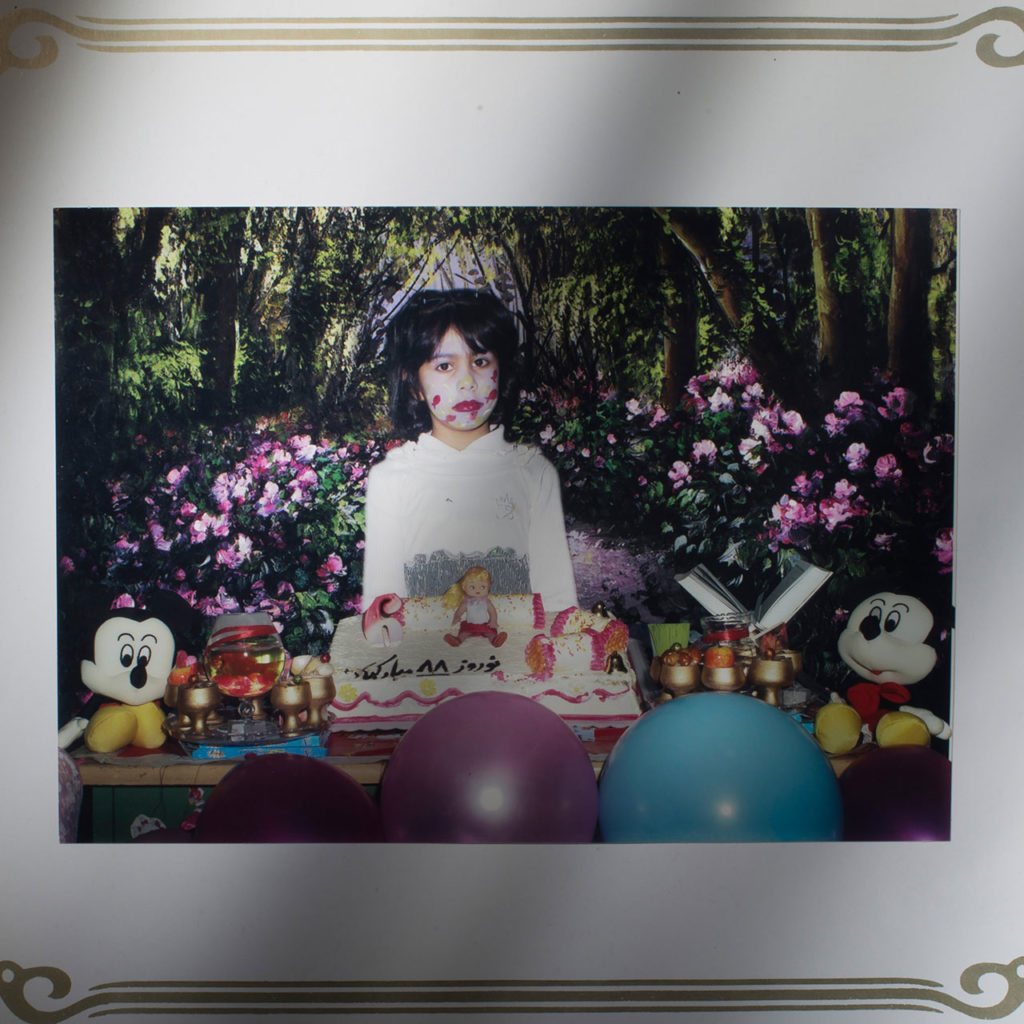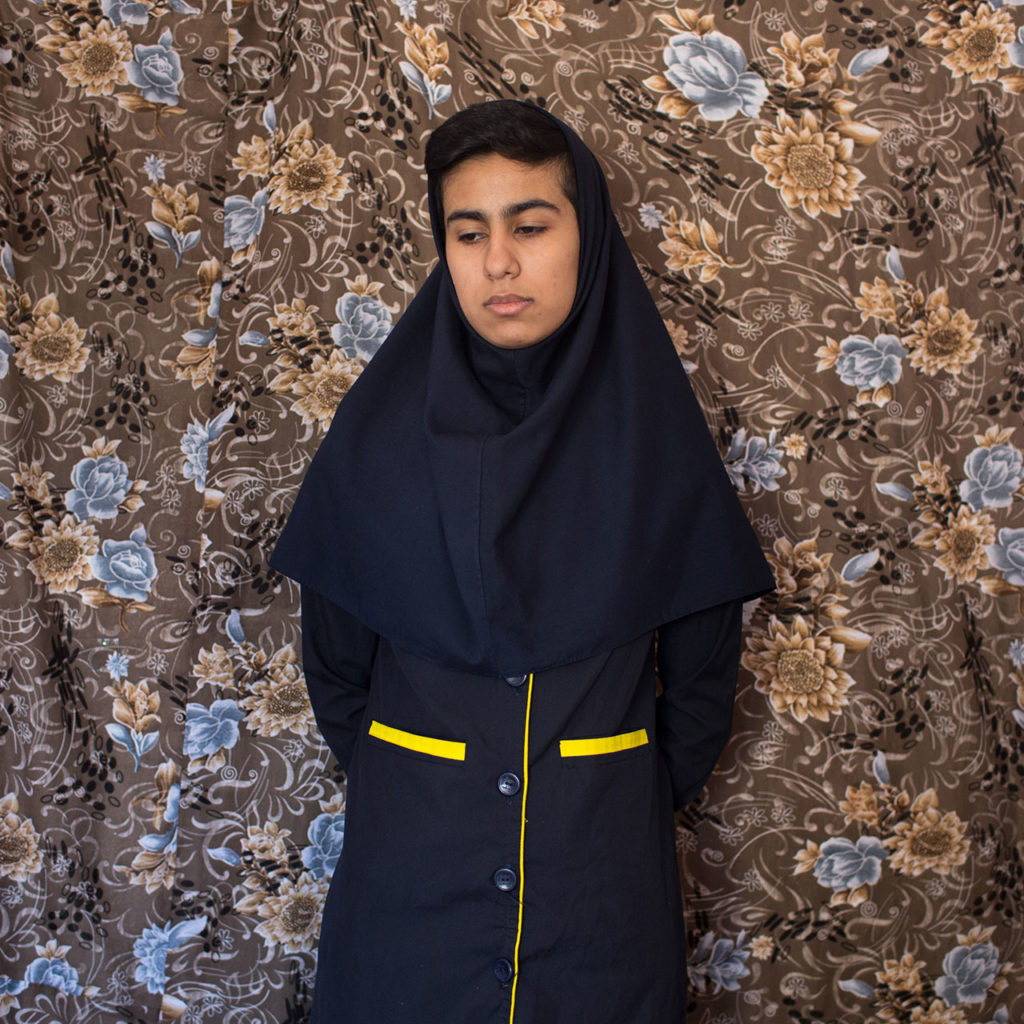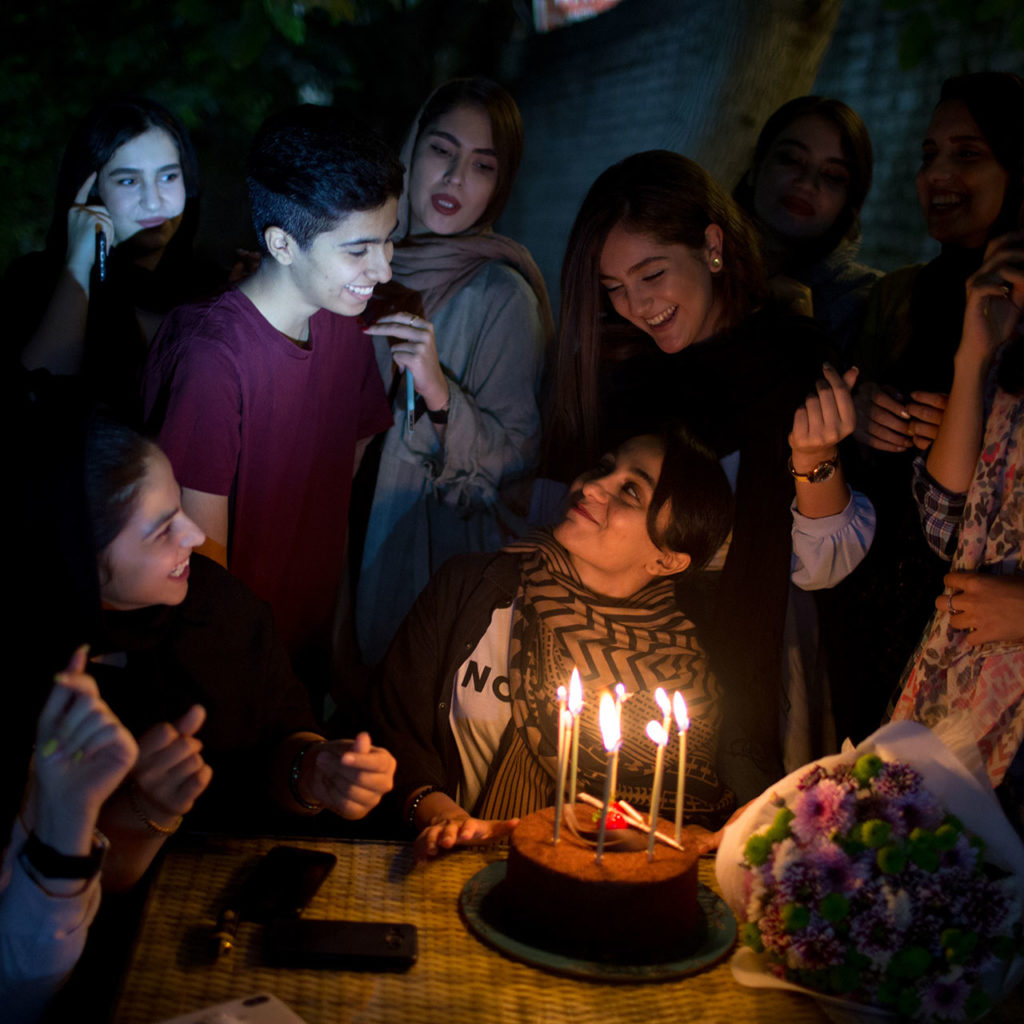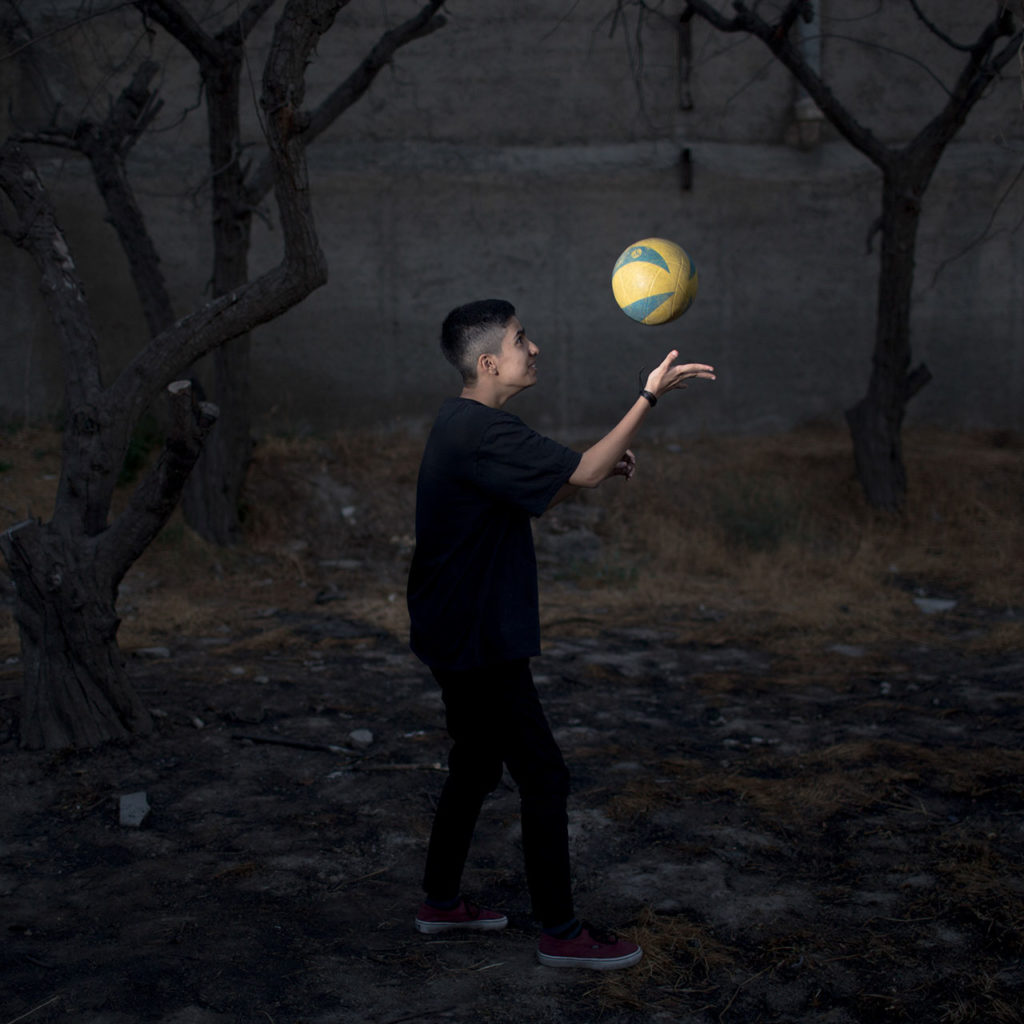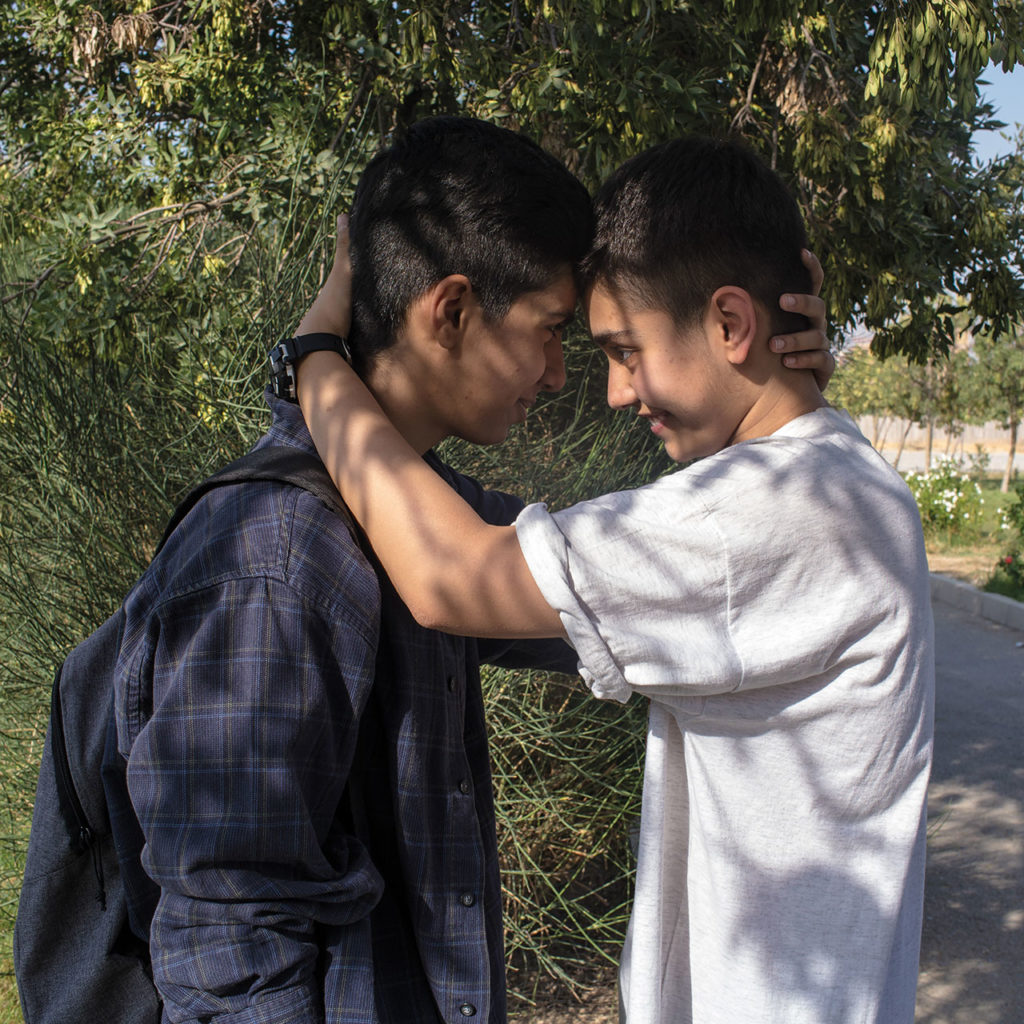Mojgan Ghanbari –
Call me Amir
Audio Guide read by Frederik Busch
Mojgan Ghanbari (Iran)
Mojgan Ghanbari completed a master’s in photojournalism and documentary photography at London College of Communication in 2014. She joined the VII mentor program in 2016 and participated in the Joop Swart Masterclass in 2017.
Her works have been exhibited in the United Kingdom, Iran, France, and the US. She lives in Teheran, Iran. Her projects are rooted in her personal history and explore the ways in which she and other Iranian women interact with society or challenge gender stereotypes and media misrepresentations.
Mojgan Ghanbari about Call me Amir
Attitudes towards gender & sexuality can be rigid in Iran. Being gay is a crime, punishable with death for men and lashings for women. A conservative former president of Iran, Ahmadinejad once declared that there are no gay people in Iran. That’s why Iran is a hub for sex-reassignment surgery. Gays in Iran have been pressured to undergo sex reassignment surgery in order to avoid legal and social persecution. The surgery is legal and affordable for trans people, but many who undergo those surgeries remain victims of stigmatization by their families and communities. Schools in Iran are segregated by gender.
“Call me Amir” is a photographic essay about a female-to-male trans-teenager in Teheran. Amir is being forced to cover up in Islamic clothing and to attend a girls-only school. Trans people like Amir are bullied or punished in school by most teachers for not acting girly enough or having short hair. Transgender individuals who haven’t undergone gender reassignment or are not ready for three major surgeries can’t have an ID with their true gender.
On September 2019, Amir emigrated to Europe due to his gender identity and the stigma around transsexuality in Iran.
The Jury Statement
Mojgan Ghanbari uses the power of documentary photography to bring awareness and challenge injustice. The work encourages us to be resilient and pursue our goals, despite the influence of political or religious systems that do everything to break us. “Call me Amir” reminds us painfully of how privileged many of us can live in democratic occidental societies and it reminds us of the strength and perseverance of the human spirit. Even if we face threatening obstacles, we will not give up but fight for our way.




